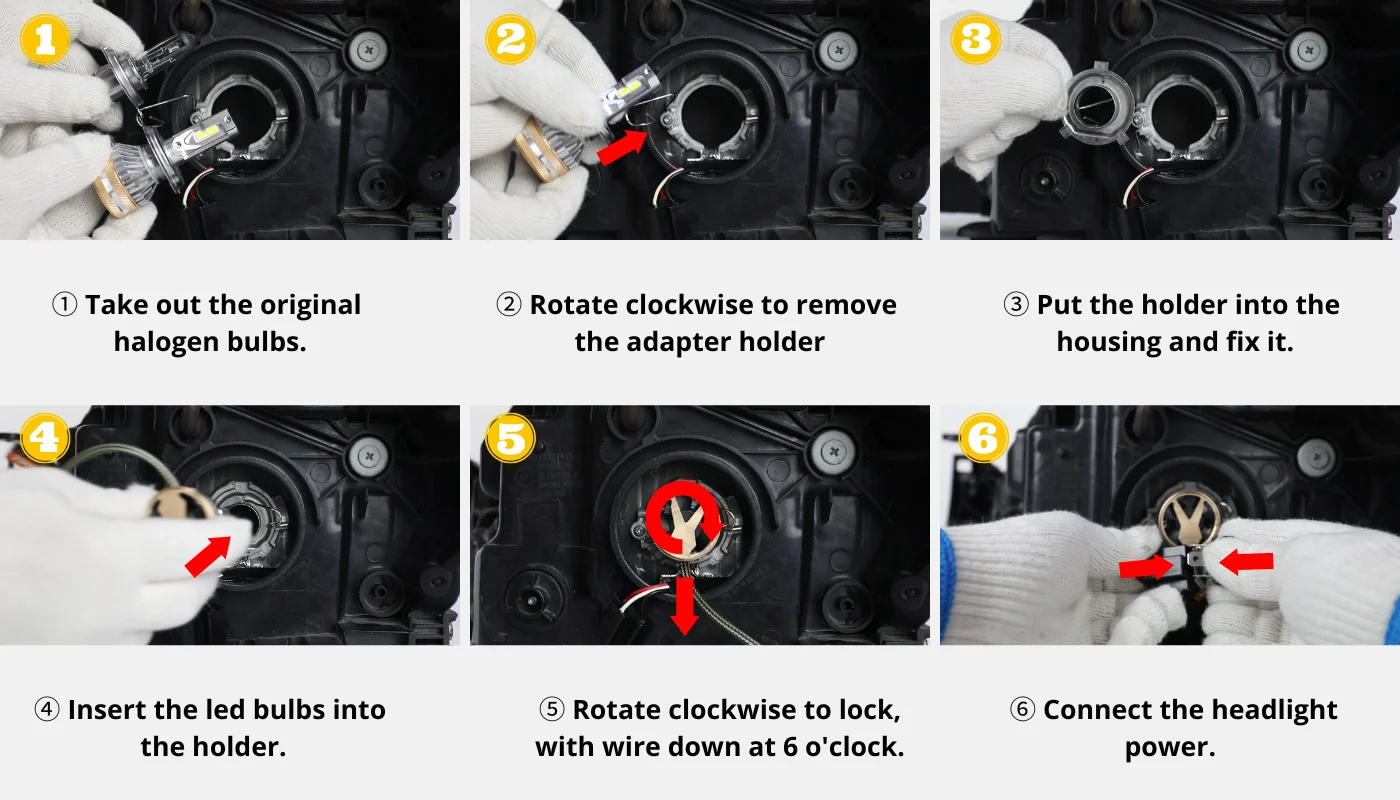Car Modifications – The Do’s and Don’ts of Upgrades
Car modifications are a huge part of custom culture for car enthusiasts. From engine upgrades to exhaust upgrades, there are various ways to customize vehicles.
Not all modifications are equal: Some could impact resale value or even nullify your warranty; while others could increase insurance premiums and require specialist maintenance.
1. Do Your Research
There are various car modifications available that can increase performance, appearance and comfort of any vehicle. Upgrades might range from cosmetic (such as paint job or new wheels ) to more substantial modifications like engine tuning or turbocharging.
Before embarking on any upgrades, it is crucial that you do your research. Doing this will enable you to select parts which best meet your budget and goals; additionally, this research will ensure your modifications comply with laws and regulations and don’t affect safety or warranty issues with your vehicle.
Installing tinted windows may be illegal in certain states and changing out your factory tires with larger ones can increase the chance of tire blowout on the highway. A flashy suspension upgrade might look cool but may end up costing more than purchasing an entirely new daily driver would.
2. Don’t Overdo It
Establishing your goals before making upgrades to your car can help keep costs in check and ensure modifications made are an appropriate fit for its specific model.
Modifications may have an adverse impact on resale value and be potentially hazardous for drivers or other road users. For instance, lowering or lifting suspension could compromise both handling and safety issues and lead to costly repairs in the future.
Also, certain modifications may not be legal in all areas, with noncompliance leading to fines or insurance policy cancellation. Tinted windows, for example, may not be permitted in all states while adding a spoiler can increase air resistance and decrease fuel economy – two dangerous modifications!
3. Don’t Go Overboard
Many car enthusiasts enjoy customizing their vehicles by adding custom touches, but it is important not to overdo it; certain alterations may reduce resale value; for instance, adding loud exhaust pipes or black aftermarket wheels could drive away potential buyers.
Unbalanced power levels are risky and could result in premature engine wear and tear. Wider tires reduce fuel efficiency and may alter how your car handles and brakes.
Before investing in any major modifications, it is best to start off simple and upgrade the basics like ignition system and spark plugs to improve combustion for improved performance and fuel economy. Consider sustainable modifications like installing solar panels on your vehicle to cut energy costs.
4. Don’t Forget Your Insurance
Though you might be tempted to give your car some added flair with shiny wheels or tinted windows, make sure these modifications are covered before doing so. Any alterations that alter its handling, performance or appearance could put it at a greater risk and increase repair/replace costs should an accident occur.
Not all modifications may be legal in your state and attempting to perform them on your own is likely to void your warranty. Furthermore, making changes without informing your insurer first will increase both their premiums as well as potentially deny claims and even cause them to cancel coverage altogether – it simply isn’t worth it!
5. Don’t Go DIY
Car enthusiasts often look to upgrades and modifications as ways of personalizing their vehicles and creating something truly distinctive for themselves. When approaching car modifications responsibly and thoughtfully, however, modifications can add value and enhance one’s unique identity.
Some upgrades can damage the resale value of your vehicle and even be potentially unsafe, yet smart and safe modifications exist that can make your ride better than ever before.
Interior upgrades can also help enhance comfort and style. Adding leather seats or custom seat covers can make long drives more pleasurable and relaxing; additionally, headlights and fog lights can increase visibility during night time driving or poor weather conditions.
Optimization of engine components and other technologies that increase fuel efficiency or allow self-driving capabilities are another common modification, though such work should only be attempted by professionals.












